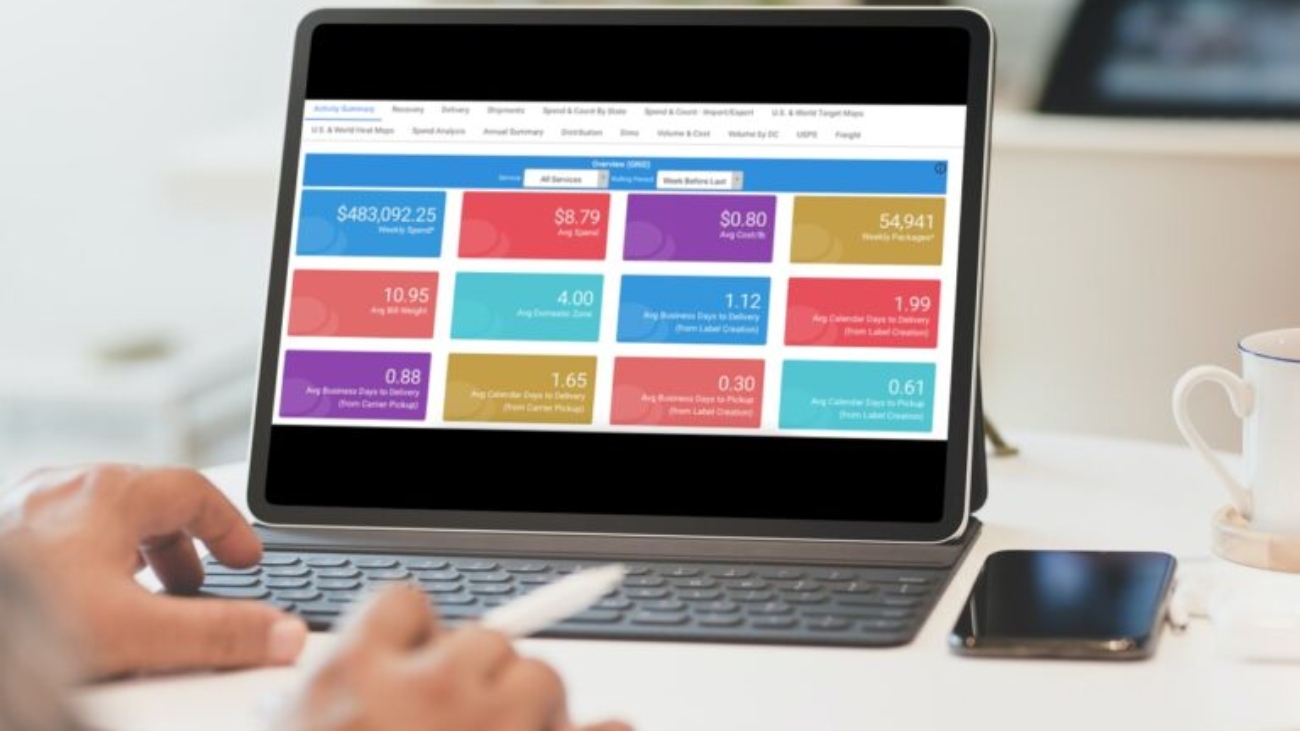On-time delivery of shipments is vital for shippers. Late parcel deliveries test a customer’s patience. At times, customer dissatisfaction leads to financial loss. With this in mind, shippers have a refund clause in their shipping contracts with the shipping carriers. Shipping carriers promise a refund for service failures such as late deliveries.
Approved late delivery refund requests save 100% shipping costs. But, in the past few years, FedEx and UPS are offering shipping refund waivers with incentives. Large shipping carriers are aggressively vouching for refund waivers. So, what are these shipping refund waivers? And, why should shippers not accept such Guaranteed Service Refund waivers? Read on for all this and more, in this article.
What are shipping refund waivers?
Shipping carriers like FedEx and UPS offer shipping refund waivers. Shipping refund waivers are clauses within the shipping contracts that provide discounts to shippers. These discounts are in return for waiving off the shippers’ rights to claim refunds. FedEx’s refund waiver is known as Money-Back Guarantee (MBG) waiver. And UPS’ refund waiver is known as UPS’ Guaranteed Service Refund (GSR) waiver. In addition, UPS and FedEx aggressively market these waivers to shippers for earning extra revenue.
Incentives in exchange for GSR waiver
Often shipping carriers offer discounts and incentives in exchange for signing an agreement with Guaranteed Service Refund waiver. Shipping carriers who want GSR waivers entice shippers with attractive discounts during contract negotiations. The incentives include an additional package rate discount and small discounts in the accessorial charges for a short period. But, shippers generally don’t benefit much from these incentives, as there are other charges on the package.
Why should shippers not sign an agreement with UPS’ GSR or FedEx’s MBG waivers?
UPS’ GSR ensures the on-time delivery of all Ground and Express Packages. When shippers sign GSR waivers, shipping carriers can no longer be held accountable for late deliveries. For instance, a parcel’s delivery time is the same day, but the delivery occurs the next day. The customer will hold the shipper responsible for the delay and not the shipping carrier. The shippers cannot demand a refund from shipping carriers on signing a GSR waiver. As a consequence, shippers face loss of revenue and customer dissatisfaction. That is why Audintel strongly suggests that shippers should not sign agreements with UPS’ GSR or FedEx’s MBG waivers.
Disadvantages of accepting shipping refund waivers
The disadvantages of accepting MBG waivers include lost customers, an increase in returned shipments, etc. Packages that are delivered late are a chief reason for shippers losing customers. Minimum service charges on each parcel eat away any discounts received on account of the GSR waiver. FedEx may offer an additional package rate discount with an MBG waiver. But, when FedEx applies minimum service package charges, these additional discounts will be negligible and lead to revenue loss. According to recent studies, waiving away MBG rights will cost shippers 1-5% of their entire parcel spend.
How can Audintel help?
Audintel has a well-experienced team of experts who are well-versed in contract negotiations. We compare the services of the shipping carriers before signing a contract. Audintel studies the fine print of each shipping contract with shipping carriers. We will help in getting you discounts while keeping the Guaranteed Service Refund clause intact. We ensure that our clients save more by not signing an agreement with a GSR waiver.
Services offered by Audintel concerning GSR Waiver
Audintel will never suggest a GSR waiver for its clients. We believe the credibility of the client will be affected by accepting the GSR waiver. When a GSR waiver is signed, shippers cannot question the shipping carriers for late deliveries. Shippers’ business gets affected due to delays in parcel deliveries. Shippers are in safe hands when they trust Audintel to manage their shipping portfolios. We not only track each parcel for late deliveries but also request for GSR. Our services help our clients receive the refund amount due to them. As well as enhance customer satisfaction bringing in more business for our clients. Audintel holds the shipping carriers responsible for deficiencies in services. We can save at least 2-5% of overall parcel spend for our clients.
Late delivery refunds are essential for the small parcel industry. Late delivery refund claims save money for shipping companies. There is an estimate that over 3 billion dollars from unclaimed refunds are collected by UPS and FedEx when shippers sign GSR waivers. The refund amount belongs to shippers but, the amount remains unclaimed due to lack of auditing and claim processing. Shippers need professionals who can help them in monitoring their shipment portfolios at every stage. Audintel offers comprehensive audit services to clients, focusing on analyzing and optimizing shipping expenses to help you save money. As a trusted name in parcel service auditing and a SOC 2 compliant organization, Audintel ensure that your data is handled with the highest level of security and care. For further details, write to us at info@audintel.com or please visit our Audintel website, or contact us at +1 (619) 354 8539.













